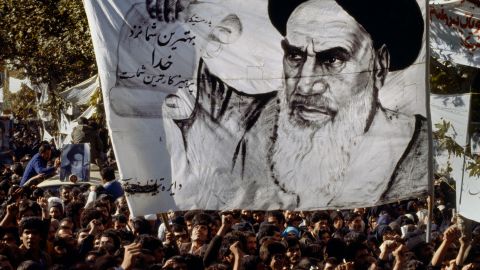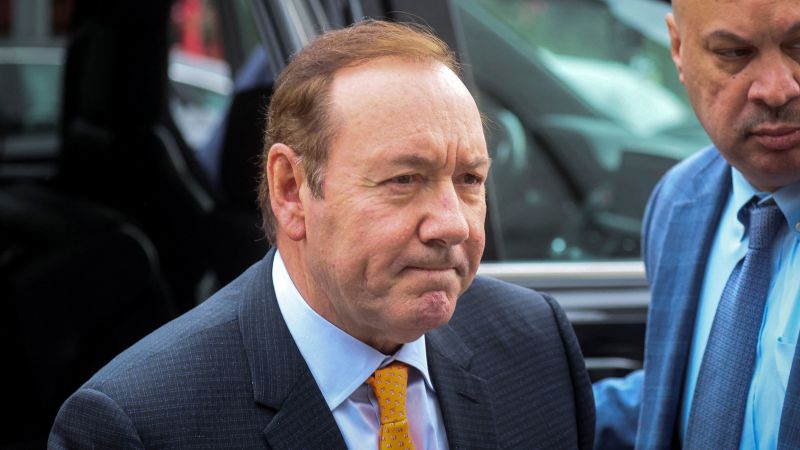
“Hostages” tells several important stories in one, from the history of the American intervention in the Middle East to the impact of the Iranian hostage crisis on presidential politics to the influence of this period on the media, launching "Nightline" as a spin-off. The result is a very resonant journey down a path of bad memory, highlighting how those ripples remain evident over 40 years later. What makes this four-hour HBO presentation so rich is thanks to the team of five directors interviewing parties representing all sides of these events, telling the story of US-Iranian relations in all its complexity. This includes some of the Iranian students who planned to detain the U.S. Embassy for 48 hours in 1979 and ended up taking more than 60 Americans prisoners, detaining 52 for 444 days. In the process, they crippled the Carter administration, after President Jimmy Carter, despite his human rights rhetoric, embraced the Shah of Iran despite the gross abuses under his rule - words and deeds which fueled hostility toward the United States when the revolution broke out.
“History will say that we named Reagan President of the United States,” says Ebrahim Asgharzadeh, one of the student leaders. Perhaps primarily, "Hostages" focuses on the impact of daily coverage of Iran and how the hostage actors maximized the situation in a way that made Carter appear weak and incompetent under the watch. Relentless from the camera. “It was the first American foreign policy crisis to be fully televised, and it was very suitable for television,” notes National Security Council and Persian Gulf expert Gary Sick, adding that the Iranians put on a good show. This “show” came to include a nightly crisis update, “America Held Hostage,” which ABC News eventually turned into “Nightline.” The show became a permanent fixture that leveraged the satellite technology and capabilities. Interview with presenter Ted Koppel.
In addition to interviewing some Americans about their ordeal, "Hostages" also contemplates the failed promise of the revolution, which over time "became a monster", according to former Iranian official Mohsen Sazegara, transforming the country into an international pariah. As some of the respondents note, what happened then can still be seen and heard in American politics and politics to this day, as well as in the recent protests in Iran. It should also be borne in mind to anyone watching the participants that, as with other major events of the 20th century, the ability to record these rumors and secure their first-hand accounts steadily diminishes over time. For those who are attentive to the news, it is not necessary to have lived through the crisis to recognize its lingering repercussions, nor how well “Hostages” summarizes them; however, the carefully selected, in some cases unedited, clips should bring back the historic moment awash for whoever made it. “Hostages” airs September 28 and 29 at 9 p.m.
ET on HBO, which, like CNN, is a unit of Warner Bros. Discovery.

.jpg)
.jpg)

/cdn.vox-cdn.com/uploads/chorus_asset/file/24047545/a30_pdp_full_bleed_3_desktop.png)


/cdn.vox-cdn.com/uploads/chorus_asset/file/24106181/apple_card_daily_cash_savings_accout.jpg)
/cdn.vox-cdn.com/uploads/chorus_asset/file/22808411/ELDENRING_21.jpg)
 English (US) ·
English (US) ·  Indonesian (ID) ·
Indonesian (ID) ·